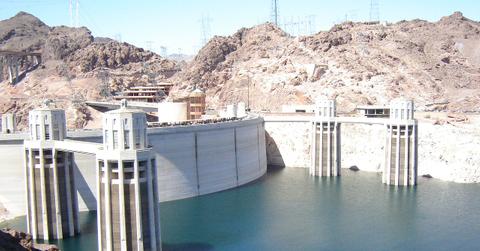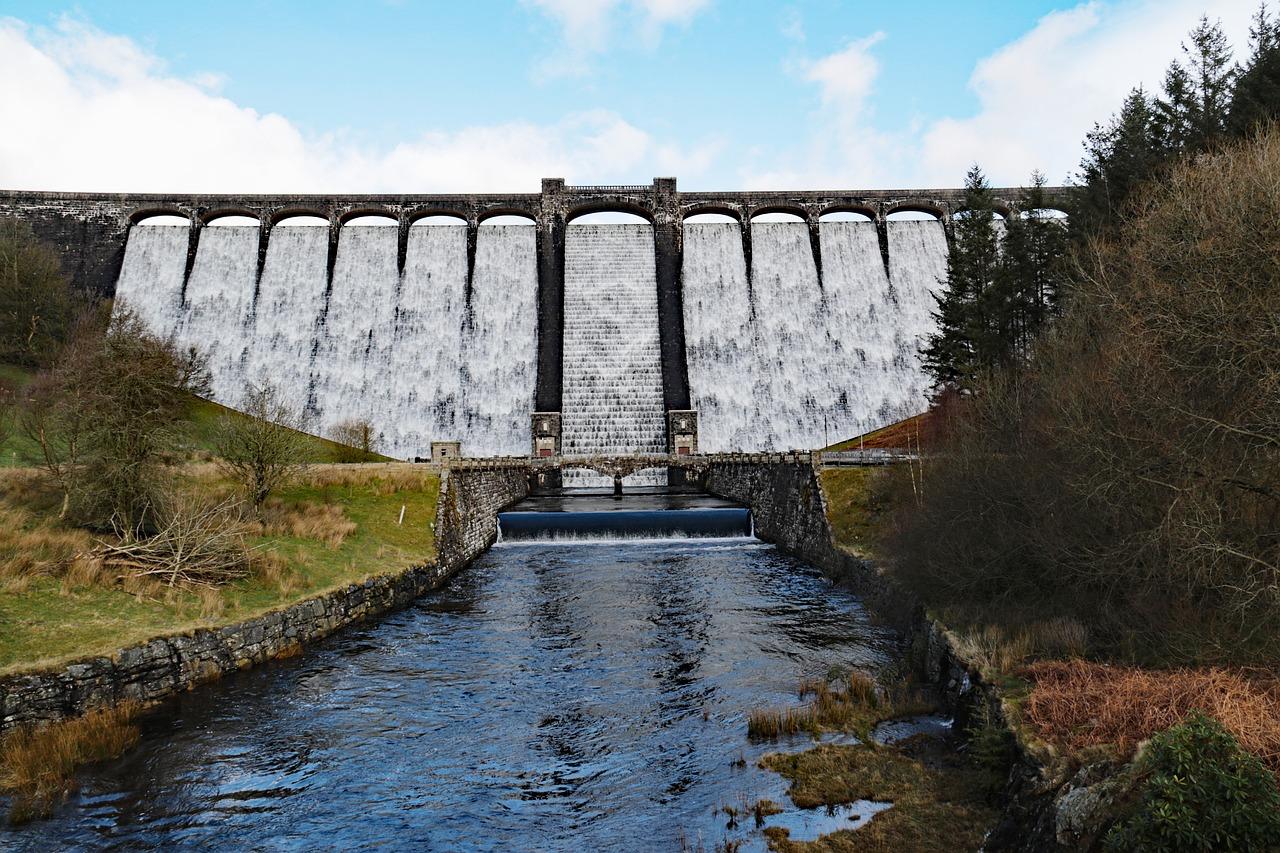Nigeria Announces $5.8 Billion Deal To Build Country's Largest Power Plant
The Nigerian government, in conjunction with Chinese contractors and the Export-Import Bank, will be building the largest hydroelectric power plant for the next six years. While it has some caveats, the goal is to deliver more electricity to the 40 percent that doesn't have it.
Updated May 24 2019, 12:13 a.m. ET
Nigeria is building its biggest power plant and it’s going to be hydroelectric. The government announced this week that they will be investing $5.8 billion into the massive power plant that should be completed in the next six years. By creating this new facility, it should help extend green power to rural areas as the country attempts to move away from fossil fuels.
The Mambila hydroelectric power plant will be located in the state of Taraba in Nigeria. It will feature a capacity of 3,050 megawatts with four dams that are up to 500 feet tall. The government itself will be financing 15 percent of the funding itself while 85 percent is coming from the Chinese Export-Import Bank.
Babatunde Raji Fashola, the Minister of Power, Works, and Housing in Nigeria, explained the benefits of the new facility in a statement: “During its construction and upon completion, and subsequent operation, it will have considerable positive impact on electricity supply nationwide, productivity, employment, tourism, technology transfer, rural development, irrigation, agriculture and food production in the area and beyond.”
For more than 40 years, Nigeria has been attempting to get this power plant up and running. Back in 1972, consultants recommended the construction of a hydropower facility, but there were attempts made with little effort. Back in 2007, Nigeria awarded $1.4 billion to a couple of Chinese contractors for a power plant at 2.6 gigawatts of capacity. The deal ultimately fell through.
One year ago, a breakthrough was finally achieved. Nigerian president Muhammadu Buhari visited China and had higher-level discussions with Xi Jinping and other officials. China would oversee most of the production and would finance most of the project. Over a series of meetings, total costs was dropped from $6.6 billion to $5.8 billion. This would be part of many other projects Buhari promised to improve Nigeria, such as creating more roads and housing.
There are some concerns in building the over three-gigawatt power plant. According to the Nigerian government, it will displace 100,000 people. Part of the deal will be to pay these people and offer them resettlement. While the aid will help, there’s still a problem with violence among ethnic groups in the area and displacing this many people could cause more issues. There’s also the concern of how the country will pay back the 85 percent to the Chinese bank.
Worries haven’t fazed State Governor Darius Dickson Ishaku. According to CNN, he’s hoping that the project has the “potential to boost tourism and agriculture.” There’s also the importance of cutting down the 40 percent mark of Nigerian residents that don’t have access to electricity. Renewable energy sources like this hydropower plant is one of the better options on the table, and the demand for it could finally push development to the finish line.

